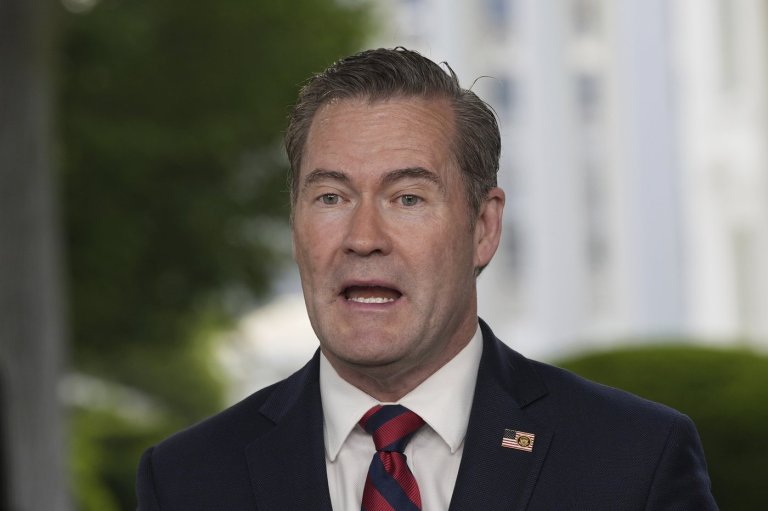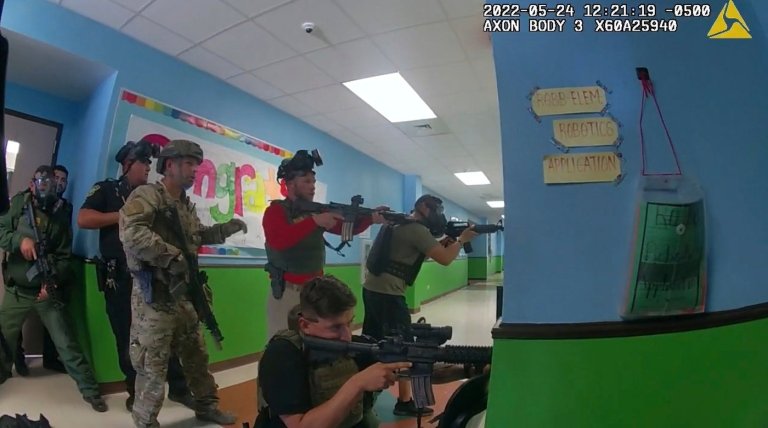A climate of fear descends over U.S. politics following Paris attacks
WASHINGTON D.C., – A series of polls this week paint an ugly picture for U.S. Democrats of a political landscape darkened by widespread fear in the aftermath of the Paris attacks.
They suggest a troubling public mood for Democrats: Opposition to their refugee policy. Support for a harder military line. And, more broadly, growing concern about terrorism and less attention to the economic issues that are the cornerstone of the party’s 2016 election plans.
That fear of terrorism was evident in Washington. In subway stations, guards checked people’s bags. In Congress, dozens of Democrats broke with the White House and voted with Republicans to advance a bill that could block Syrian refugees.
A few continents away, President Barack Obama said the climate of fear would subside. He made that prediction while discussing the refugee issue, at a news conference in the Philippines with Prime Minister Justin Trudeau.
“My expectation is, after the initial spasm of rhetoric, that people will settle down, take a look at the facts, and we’ll be able to proceed,” said Obama, who wants to bring in 10,000 Syrians next year — fewer than half the number Trudeau proposes for Canada in the next six weeks.
Obama’s would-be Democratic successor has mostly stood firm on his policies. In a speech Thursday, Hillary Clinton proposed some tweaks in the fight against ISIL, such as more special forces and a no-fly zone in Syria.
Like Obama, she opposes a major troop deployment. She also defended his refugee policy and disparaged the various alternatives floated by Republicans: “Turning away orphans, applying a religious test, discriminating against Muslims, slamming the door on every Syrian refugee — that is just not who we are. We are better than that.”
The poll numbers tell two other stories on U.S. public opinion, however: One involves fear. The other shows a hardline public mood, more closely aligned with Republican stances.
Fifty-four per cent of respondents told an NBC poll they feared they, or a family member, could be killed in a terrorist attack; 65 per cent supported more ground troops to fight ISIL; 81 per cent supported extensive surveillance in public places like stadiums and movie theatres; and different polls showed clear opposition to bringing in Syrian refugees.
Obama’s personal approval has dipped in several polls. Independent voters have been moving toward the Republican party, according to the NBC survey.
Perhaps the most worrisome dynamic for Democrats was revealed in a Bloomberg survey. Respondents labelled the militants of the Islamic State of Iraq and the Levant, or ISIL, the No. 1 issue facing the country. Terrorism, more generally, was tied for second. That’s compared to a September survey where the No. 1 and 2 issues were ones Clinton has built her campaign around — worker incomes and jobs.
The mood is shaping public policy. Most states have called for a refugee halt, especially those with Republican governors. And a bill making its way through Congress would block refugees, without a written guarantee from the heads of multiple departments that not a single one presents a threat to national security.
The shifting dynamic is driving Democrats to distraction.
A former speechwriter to Obama has been tweeting his frustration at the media, and at Republicans, over their alleged fear-mongering and military drum-beating.
“I see most of Washington and the political media won’t be content until they get us into a third massive land war in Asia,” Jon Favreau said.
He also challenged the media to provide one example of a policy that would have prevented last week’s attacks. Most Republicans have come out against refugee resettlement, or suggested only Christians be allowed in.
A far smaller contingent of commentators has tried arguing that fearing refugees misses the point. Compared to the projected refugee flow, 1,400 times more people are visiting the U.S. from Europe this year — 14.58 million of them, from countries without visa requirements where many citizens have gone to fight with ISIL.
But the talk Thursday in Washington was all about refugees.
Ben Carson compared them to rabid dogs, desperate to get in. Donald Trump, meanwhile, seemed to entertain the idea of a database to track Muslims in the U.S.
But when asked what they’d do differently in the broader fight against ISIL, the rhetoric was more striking than the details.
Sen. Marco Rubio wrote a piece for Politico laying out his ISIL strategy. He mentioned stopping refugees, and proposed more military spending. But arguably his biggest proposal involved a no-fly zone in Syria — which is Clinton’s policy, too.
Join the Conversation!
Want to share your thoughts, add context, or connect with others in your community? Create a free account to comment on stories, ask questions, and join meaningful discussions on our new site.



















Leave a Reply
You must be logged in to post a comment.